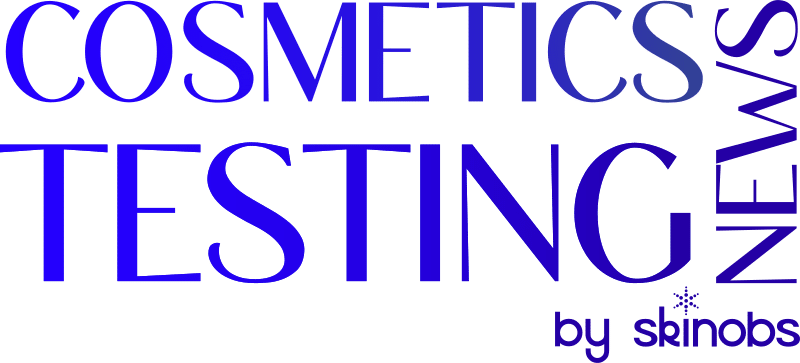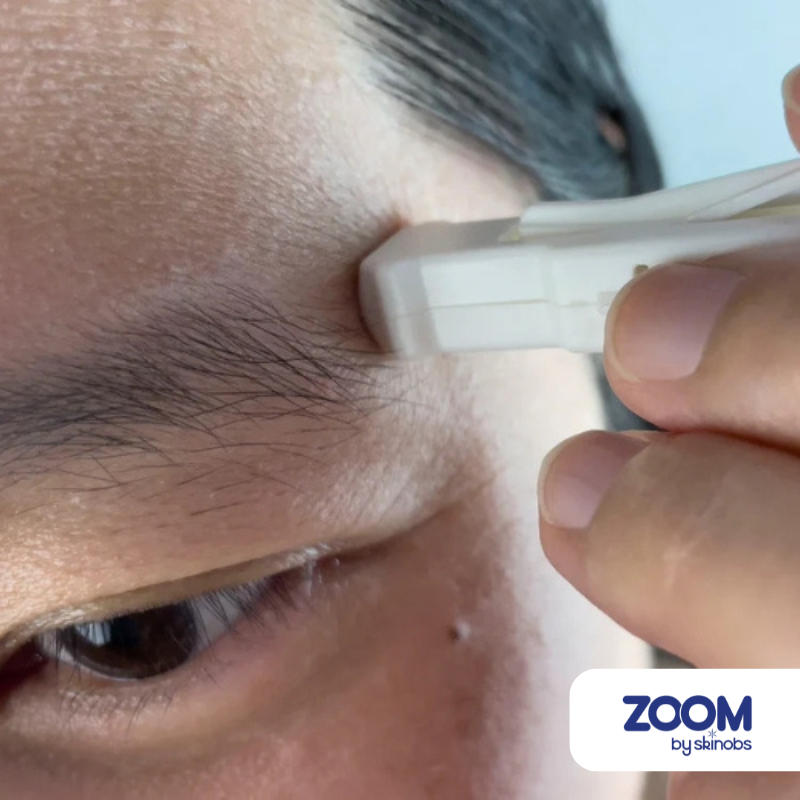A future where micron-scale skin samples create complex digital replicas may soon be a reality, thanks to co-emerging microbiopsy and digital twin technologies. The recentlyFDA-registered Harpera device collects tiny skin microbiopsies near-instantaneously, virtually painlessly and without need for sutures – far gentler for patients and study volunteers than traditional biopsy. Samples remain stable once encased within the device, enabling self-sampling from home before shipping to the lab. This unlocks skin sampling on a global scale, across diverse populations and unlimited locations.
A ‘digital twin’ is created from real-world data. Transcriptomic sequencing of microbiopsies yields up to ~60 million data points/sample, powering high-resolution models of gene activity. The value proposition for cosmetics companies engaged in product development is clear, with unprecedented scientific insight translating to commercial advantage. Scientists will benefit from access to novel databases, and dermatologists can anticipate earlier detection of conditions, more accurate prescribing and longitudinal monitoring.
Turning big data into insight is no small feat. With bioinformatics and data visualization expertise, our data science partners VISFO translate data into interactive models and dashboards, decoding the complex molecular portrait of the skin to predict how its genes might respond to ingredients or treatments. Personalized insights could be delivered direct-to-consumer: “Your skin’s collagen-related gene activity is decreased – here are some collagen-boosting treatments best suited to your skin type…”
The rise of digital technology poses new questions about how we test, approve and regulate products. Global regulators (FDA, EMA) are actively seeking ethical alternatives to animal testing, and these technologies could pave the way for groundbreaking in silico regulatory approvals.
The convergence of these innovations is set to revolutionize skin science. This approach streamlines innovation and regulatory compliance while upholding higher ethical standards –predicting a future where we care for skin in ways that are as smart as they are kind.
CONTACT
Miko Yamada
Frances Pearson
Director
Molecular Twins Pty Ltd
https://www.hyms.ac.uk/research/research-centres-and-groups/skin-research-centre






